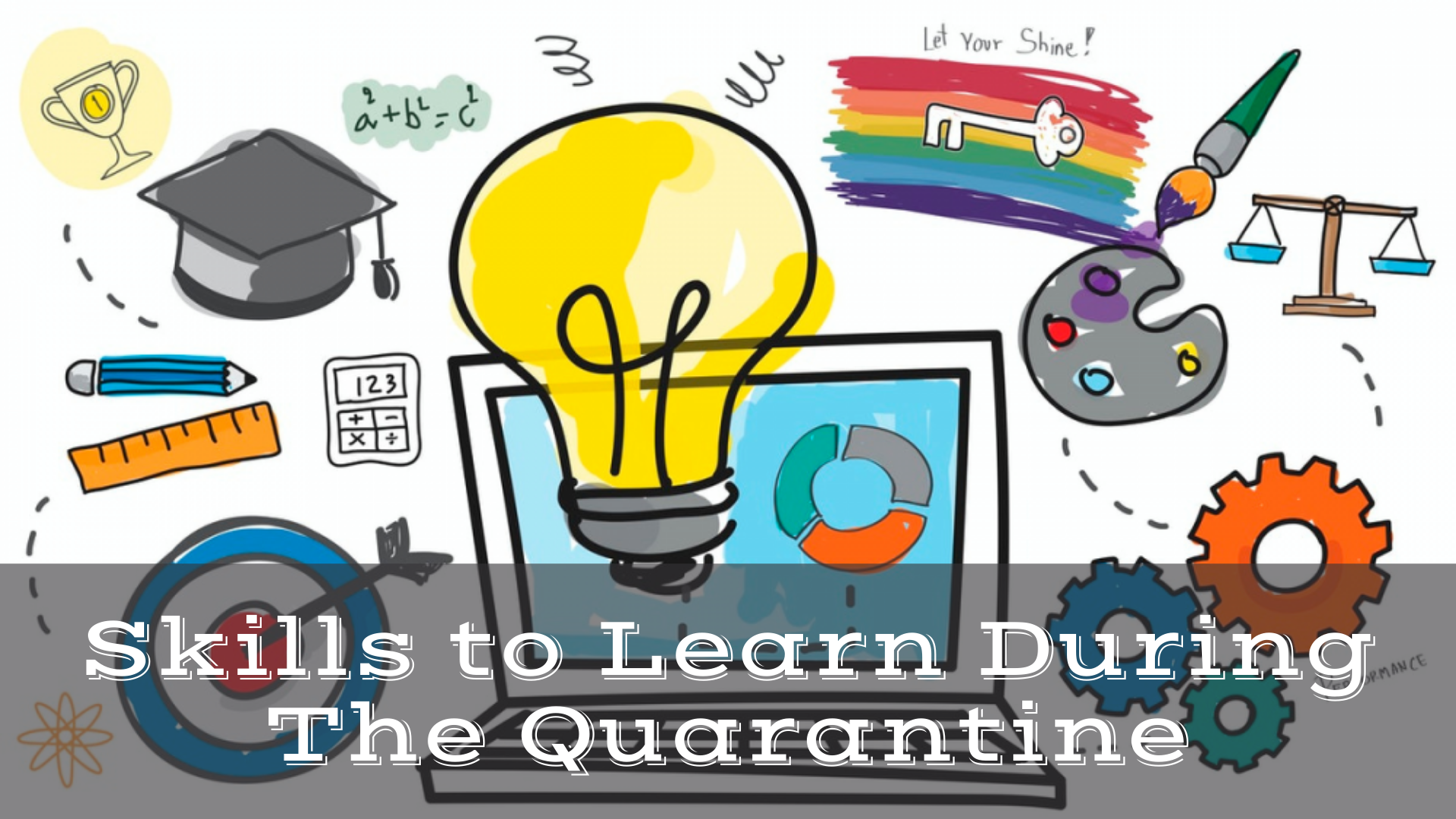Sex Education: Meaning And Importance
Sex education is important to be able to live a healthy life. If everyone is educated about sex, the number of unplanned pregnancies and the spread of Sexually Transmitted Infections can be reduced. The role of the sex educator is to give young people information on topics they need to know to deal with their sexuality.
There are many aspects of sex that can be discussed within the realm of sex education. Some of these include abstinence, birth control, STIs, sexual orientation, and gender identity. When children are young, they need to have a safe space where they can ask questions about sex without being judged. As youth age, they should continue having open discussions about sexual health.
These discussions can come from health teachers, parents, or even peers. Young adults should be given enough information so that they can make responsible decisions regarding their sex lives.
Youth and sex
In many countries, sex education isn't mandatory and in others, it's taught in an age-inappropriate way that doesn't cover all the topics students should learn about. This leads to many young people feeling embarrassed or shy about asking questions they need to be answered. And they may not have someone they trust they can approach with concerns about their health or sexual feelings.
This has led to some groups of young people in particular not getting the information they need when it comes to sex. LGBTQI+ people, for example, often say that what they're taught about sex doesn't reflect their experiences or needs as a group. Sometimes this means that if someone does feel confused about their gender or sexuality, it's even less likely that they'll get answers to their questions from teachers or other adults.
Sex education is an area of major concern for parents and educators alike. The debate over how much, what, and when to teach children about sex has raged for decades. Many people feel that sex education in schools is too little too late. Research has shown that much of the information taught in school classrooms is not correct, leaving many young people feeling confused about their bodies and sexuality. Sex educators record their experiences with teens to identify their needs and uncover the struggles they face when it comes to understanding and accepting their sexuality.
Teenagers' need for sex education
Sex is everywhere. From the very moment we wake up, it seems, we are bombarded with images, words, and concepts related to sex. From billboards, magazines, television, and movies to music lyrics, conversations with friends, family members, and even strangers on the street, there is a never-ending supply of sexual stimuli.
The more people there are willing to talk about sex and sexuality in ways that are fun and engaging, the better off our society will be. We need increased dialogue around ideas surrounding sexual health and relationships to help young people make their own informed decisions about their bodies and their lives.
Sex education can provide a safe space for teens to explore their ideas about sex and sexuality, express themselves and learn from others without fear of judgment or shame. But many schools in India don't offer comprehensive sex ed classes — or they may provide only abstinence-only instruction that does little more than perpetuate myths about what constitutes healthy sexual behavior for young people. The most recent data from the Centers for Disease Control and Prevention shows that only 13 states require schools to teach students about contraception before they graduate high school. Students in most states have limited access to this important information.




Comments
Post a Comment